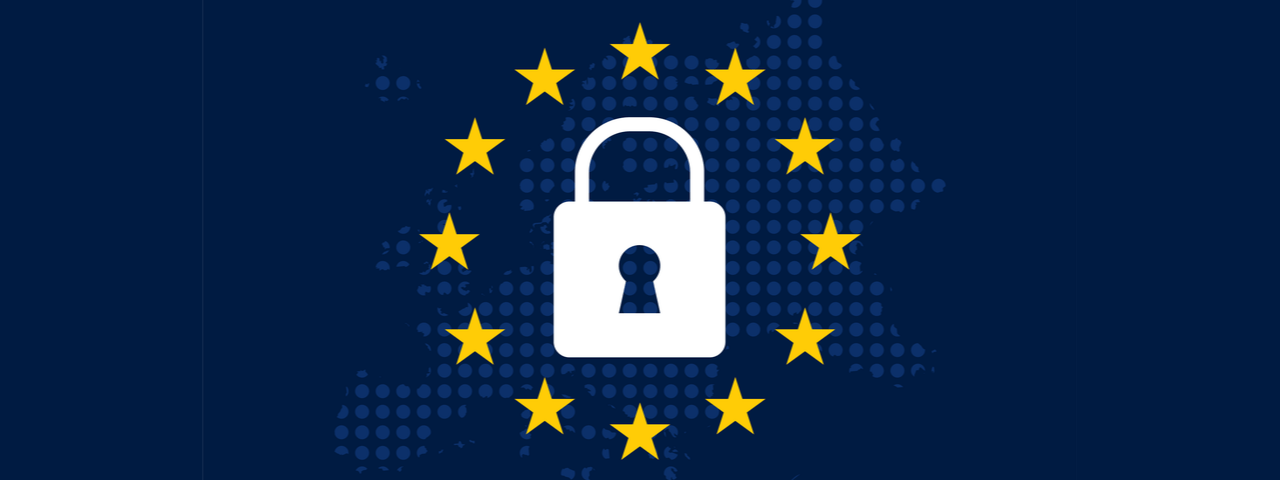ZL’s team has a wide variety of perspectives on information governance, brought on by different roles, experiences, and knowledge. For this post, I interviewed solutions engineer George Kobakhidze about his insights on unstructured data, IG, and the future of privacy.
Tell me a little about yourself.
My name is George Kobakhidze, I’m a solutions engineer here at ZL, which means I help with all things product related in the business environment. I help with demos, I help with RFPs, I help with POCs, I help with trainings, internal and external, I do webinars sometimes – in fact, I did one last week – and all sorts of things like that. Basically, I’m your go-to product expert in translating business requirements into the technical things and vice-versa.
What information governance needs do you foresee becoming more important in the next few years?
One of the main things that I’ve been seeing rise in the market is just getting a hold of their unstructured data in general. Lately, enterprises have started to basically have so much data they can’t do anything with it. It means they can’t run analytics on it, it means they can’t run discovery on it, they just don’t know what’s there. They just have way too much data. It was kind of alright before, because there was a lot but they didn’t really need to grasp it, but now these privacy laws, compliance laws, financial and otherwise, they’re now required to really know what’s inside their data.
Is it because there’s more ROT or because there’s too much data?
It’s a combination of both. We’ve done some analytics with customers on their file shares, and funnily enough, users only access around 10% of the data that is there, and most of that data has been created in the last year. That goes to show you that most of the data sitting out there, almost 90% of it could be A) not relevant, B) ROT, or C) is just sitting in the wrong place and taking up space from a lot of reusable data. So definitely ROT data is out there.
I think people classify ROT data too narrowly. It’s way broader than they think, a lot more data is ROT than people think at first.
Not only is there so much data over the last couple years, so many companies have sprung up with all of their business analytics, structured or unstructured. And what they do is they analyze your data and then they create data about data. And so many companies have gone through these initiatives because they thought “we’re going to be the next Google or the next Amazon, we’re gonna be so cool and we’re gonna analyze our own data and we’re gonna get so much value out of this.” But what they ended up with is they just have a ton of data and then some metadata about that data, and then some analytics about that data, and that’s that. They can’t really retrieve too much value about that.
So now companies are in a position where they have a lot of data, and they have ROT data mixed with that data, and then they have extra data about all of that data…it kind of multiplies on itself and just, kind of data apocalypse, I guess.
On information governance and privacy:
The whole notion of information governance is soon enough going to be translated to the consumer world. Over the last two decades, three decades, information governance has been basically an enterprise-only subject. Only enterprises worried about retaining their data, deleting their data, privacy, and whatnot.
However, with all these ramifications with what GDPR and CCPA have for the enterprise world, they also have a lot of ramifications for the consumer world, meaning just folks like you and I. All these conversations, all these hacks, all these leaks are starting to create conversations between regular people, where people are now just starting to say things like “how much data of mine is out in the world? How much of my data does Facebook have? How much of my data does Amazon have?” And really before these couple years, nobody really cared too much about that. Everyone almost always said “Who cares? It’s only online data anyway.” Or “Who cares? What are they gonna do with it?”
But nowadays, everything you do is going to end up online one way or another. Social media is there – I guess that’s the stuff that you willingly put up online – but then there is IoT, there is all that stuff your smartphone is tracking, there is all your emails online, there is all your Dropbox solutions and whatnot. So one way or another, you have a huge data footprint that you might not be aware of. And I think this conversation’s really starting to rise around everyone, and people are starting to get a little bit worried and paranoid around this.
And I think it’s an exciting time, because there is gonna be some new consumer solutions around collecting, capturing, indexing, and potentially deleting all that data from the sources, but specifically for consumers like you and I as opposed to big corporations. So I think that’ll be really cool, I think it’ll be really interesting to see end users finally taking control of their data.
Would you like to know how to empower your organization to get a hold of your unstructured data? Talk to one of our experts.



